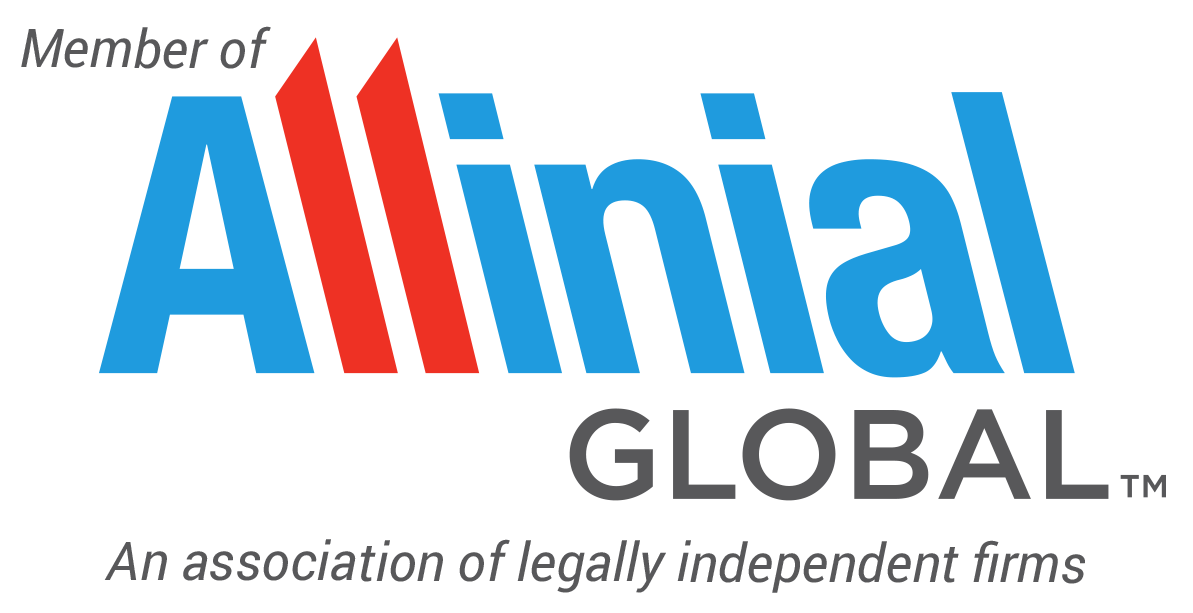The Tax Cuts and Jobs Act is the biggest change that has happened to the Internal Revenue Code in over 30 years. Some of the major changes, such as the pass-through deduction and excess business losses, are very complicated and require a lot of analysis. However, there are some little things you can do now that can make a big difference later:
- Historically a lot of our clients have combined all meals and entertainment expenses in one general ledger account because both of those expenses were subject to a 50% limitation when it came to the tax return. With the new law, meals for clients are still deductible at 50%, but entertainment expenses for clients are not deductible at all. You may need to revise your chart of accounts to track these items separately.
- Reconsider the use of home equity loans. The interest deduction is only allowed if the loan is used to buy, build, or substantially improve the home securing the loan. If the loan proceeds are used to pay for personal expenses, such as credit card debt, the interest is not deductible.
- The IRS allows you to deduct the higher of the standard deduction or your itemized deductions (property taxes, mortgage interest, charitable contributions, etc.). The new law increased the standard deduction from $12,700 to $24,000 for joint filers. This increase means that fewer taxpayers will benefit from itemizing their deductions. If possible, try to lump your larger charitable contributions into a single year in an attempt to exceed the $24,000 standard deduction. You can also try to lump your property taxes into a single year, but you are limited to a $10,000 maximum for sales taxes, state taxes, and property taxes combined in a single year.
- Before the law change, 529 plans could only be used to pay for higher education. Now, though, you can use 529 plans to pay for primary and secondary education as well.
- If you haven’t looked at your estate plan in a while, now is the time to do so. The unified gift and estate tax credit nearly doubled from $5 million to $10 million (before inflation adjustments) per individual.
The new tax law presents both challenges and opportunities, and ATKG is here to help you navigate through these complicated changes. If you have questions or concerns, give us a call at 210.733.6611 or email us at office@atkgcpa.com.
By: Allison Miller, CPA
